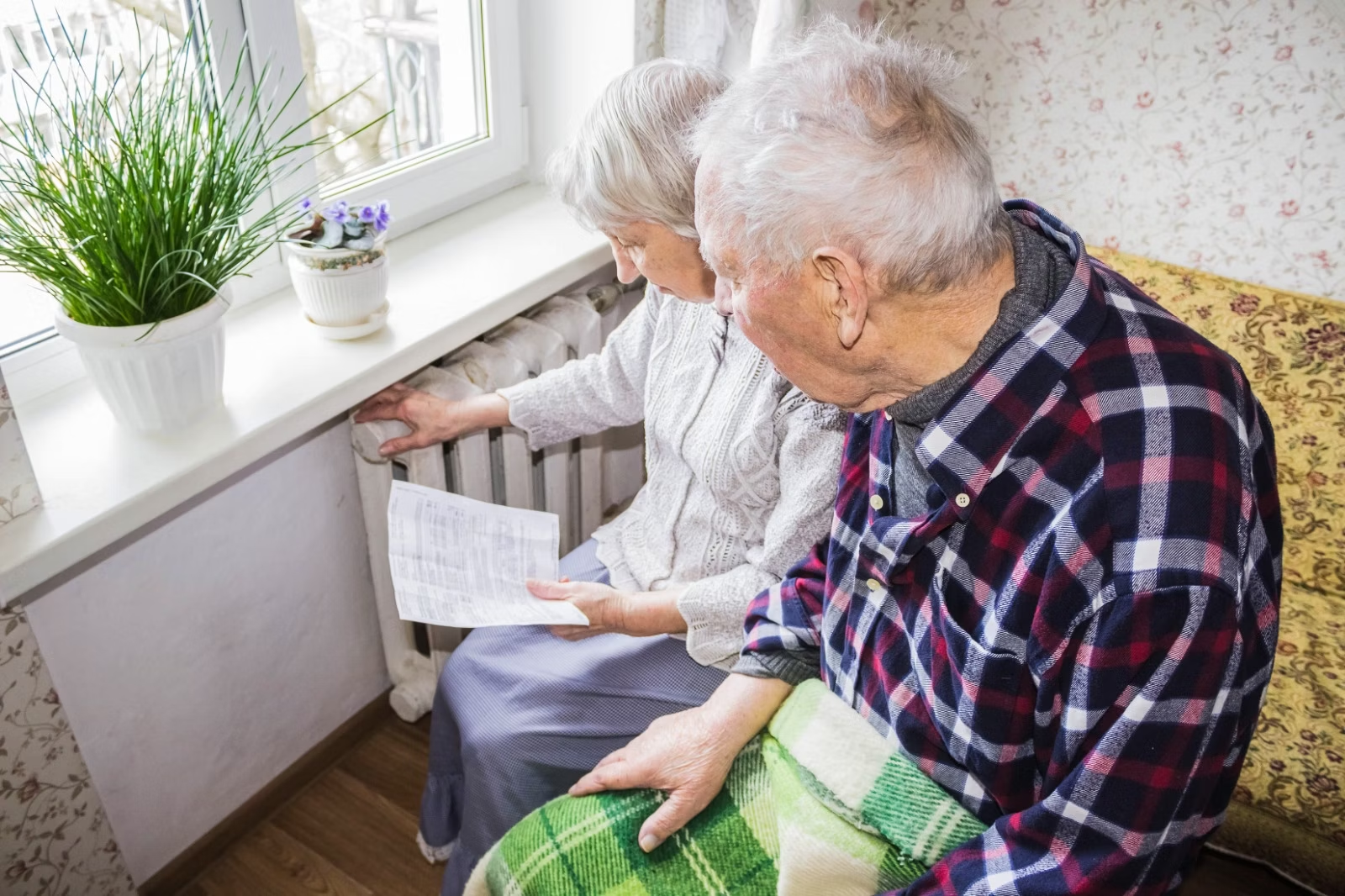
The energy sector in the European Union is undergoing rapid transformation, driven by ambitious climate goals, energy efficiency as a priority, the transition to renewable energy, and the push for energy independence. As the EU continuously evolves its policies to promote the green agenda and market integration, the Western Balkans are also feeling the impact.
For Serbia, aligning with the EU's dynamic energy legislation is not just a key component of its EU accession process, but also a necessary step to ensure energy security, attract investment, and transition towards a greener, more resilient energy future. This alignment requires Serbia to adopt comprehensive reforms, from decarbonizing its energy sector to modernizing its infrastructure, as it strives to meet EU standards and fulfill its commitments to the Energy Community.
Responding to these complex demands, the support of the joint Norway/UNOPS Knowledge for Reform Action Programme (K4R), contributed to Serbia making significant steps forward to update its legal framework and strengthen its institutions in the energy sector, related to Chapter 15 of the EU accession process that encompasses a wide range of areas including energy supply, infrastructure, market regulations, renewable energy, and nuclear safety.
Serbia has made measurable progress in implementing part of the acquis by adopting the national energy and climate plan (NECP), adopting the national legislation enabling gas Transmission System Operators (TSO) unbundling and certification, advancing the gas interconnector with Bulgaria which is in trial operation, as well as progressing on Transportgas Srbija certification, yet several important key benchmarks remain open. These include, for example, the transposition and implementation of the Electricity Integration Package (EIP).
The Serbian government is prioritizing these efforts, with the goal of meeting the 2030 targets and ensuring a secure and sustainable energy future for the country. Currently, the new Energy Development Strategy of the Republic of Serbia until 2040 (with projections until 2050) is in the stage of adoption by the Government and foresees ambitious goals for the decarbonization of the energy sector, in a way that does not jeopardize energy security and grid stability. This could well serve as a framework for the development and improvement of the energy sector in Serbia.
In this context, the support provided by the K4R Programme has led to several key outcomes, such as:
- Strengthened legal compliance in alignment with the EU energy rules
- Strengthened institutional capacity, in order to effectively engage in the Energy Community Treaty processes and to support preparation of Serbia’s representation in relevant platforms of the Energy Community Treaty .
- Support in preparation of Serbia's National Reform Agenda (under the Reform and Growth Plan) for the energy sector, assisting in defining the commitments under the Growth Plan for the Western Balkans.
These efforts are expected to have a tangible positive impact on Serbian society by fostering a more stable and integrated energy market. These important reform measures shall lead to an increased integration of renewable energy sources and enhanced energy efficiency while improving the security of energy supply. After the successful implementation and execution of national reforms, Serbian citizens will benefit from improved air quality and a reliable supply of affordable, clean energy while the Serbian economy can benefit from a more sustainable energy system that attracts investment and promotes economic growth.
Looking forward, the continuation of energy reforms outlined in Serbia's Growth Plan Reform Agenda is expected to focus on transposing and implementing the EU energy and climate acquis, as well as maintaining compliance with Energy Community Treaty standards. Regional cooperation and public engagement will play critical roles in the success of these efforts.
- Summary